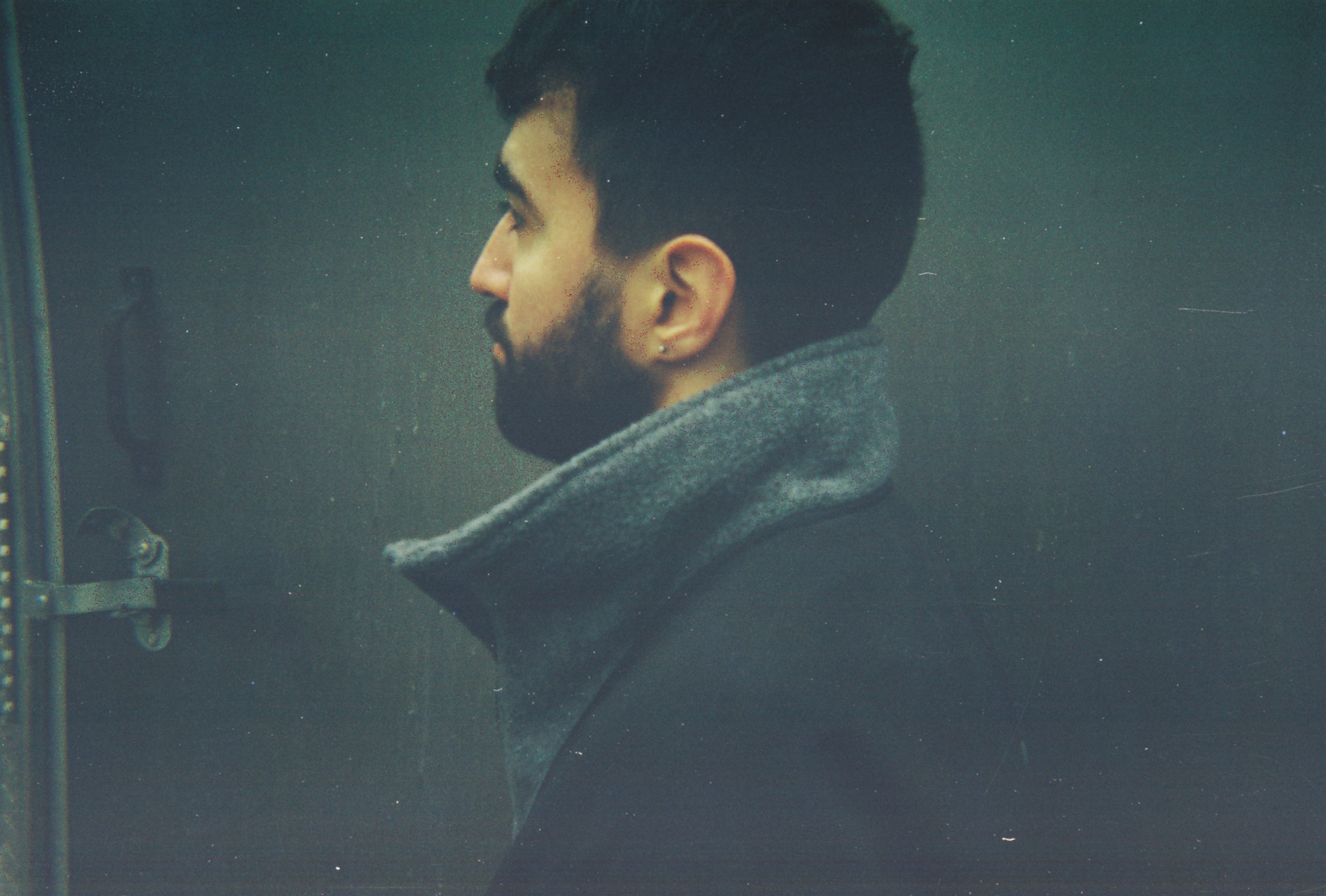When Oren Lefkowitz first started writing music as a solo artist in 2019, he wanted to pay homage to the Jewish artists before him who had felt pressure to change their names to better fit into mainstream society.
As a thought experiment, he considered what name he might have used as an actor in 1940s Hollywood—a la Issur Danielovitch going by Kirk Douglas.
Lefkowitz ultimately settled on the name Oscar Lewis. And then he searched to see if any other artists had already laid claim to it.
“What came up was this anthropologist named Oscar Lewis who died in 1970, and the first thing it said in his Wikipedia article was that his birth name was Lefkowitz. He had the same last name as me. And there’s not that many Lefkowitzes. So when I saw that, I was pretty tripped out, and I thought that this was potentially a destiny thing.
“It just made me feel like I was on the right track of thought and that the things that I’m drawn to talk about as a person and in my music is what I should be talking about. It almost felt like the universe winking at me, like, ‘keep going, brother.’”
After this discovery, he went on a pilgrimage with some friends to the original Oscar Lewis’s grave in West Babylon, N.Y., and paid his respects by placing on rock on Lewis’s tombstone and asked for his blessing to use his name.
But then, he ultimately decided to change the spelling of his stage name to Oscar Louis out of respect—and also to avoid crowding out the search results for Lewis.
Lefkowitz was clear that he wasn’t changing his name to hide his Jewishness. He is proud of his heritage, but also concerned by discussions around antisemitism that have seemed to devolve into a stalemate of late.
“I think Jews are in an interesting place where maybe we don’t feel the rest of the world wants to talk about antisemitism, or by talking about antisemitism, we’re somehow marginalizing other marginalized groups. I think that we’re uncomfortable about it and don’t really know how to talk about it amongst anyone other than Jewish people.
“And I think that it is uncomfortable, but I think that that in itself is a problem.”
He hopes that using a stage name that is based on a relatively recent period of antisemitism can energize a discourse that has recently felt very closed and confused.
“A name like this, I think it sounds cool, but also I think that it can open up a conversation where we can talk about antisemitism. Because I think that Jews are not in some kind of vacuum. Antisemitism plays to all kinds of other things, like other forms of racism.”
Lefkowitz takes a similar approach with Jewish themes in his music. He does not discuss them explicitly in his lyrics, but he sees them as inspiring his projects. Look no further than his EP set for release on June 29: all the songs on Ghost in the Apartment touch on the fear of being forgotten. This is a deeply Jewish fear that resonates throughout his whole life, and therefore can’t help but influence his art.
“I feel like, in some sense, it’s a subtle way of talking about Jewishness. I am Jewish, and I think a lot about being Jewish, and I read a lot about it. It’s very much shaped who I am,” he said. “Sometimes I do this on purpose, and sometimes it just happens subconsciously, but I’ll write about something that has nothing to do with Judaism, and I’ll look back and see that it’s actually this subtle retelling of very tried and true, almost tragic, Jewish themes.”
Perhaps the best example from the album is the title track, in which a recently deceased ghost grieves as he watches his friends learn to be happy again without him. For many listeners, the story might most obviously reflect an actual death of a loved one, or perhaps a breakup or move to a new city – all circumstances in which people fear being forgotten by those they care about. But that’s not all the story reflects.
Three of Lefkowitz’s four grandparents were Holocaust survivors, meaning both of his parents were raised by Holocaust survivors, and the intergenerational trauma has worked its way down to him.
“(My song) is actually also about the idea that Jewish people have this subconscious and conscious fear that one day we will be wiped out because of some kind of wave of antisemitic violence, and the world will just forget about us and move on without us.
“I think that there’s a lot of other communities that have similar fears, but as a Jewish person I can only tell, from a place of authenticity, my story.”
